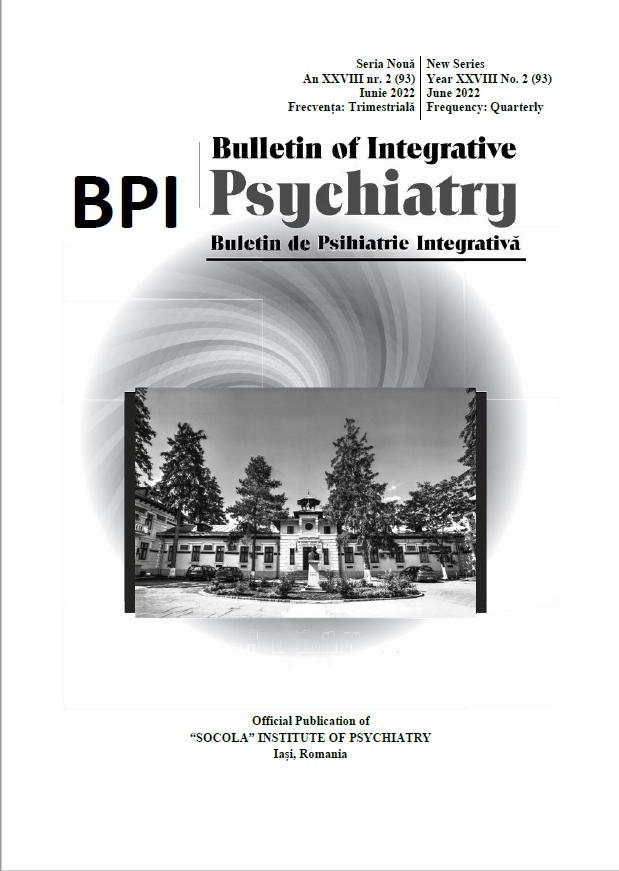Cerebrospinal fluid biomarkers for early and differential diagnosis of Alzheimer's disease
Cerebrospinal fluid biomarkers for early and differential diagnosis of Alzheimer's disease
Author(s): Bogdan Gireadă, Irina Dobrin, Silvia Onofrei, Cristina Elena Dobre, Iulia Sîrghie, Ilie RoșuSubject(s): Essay|Book Review |Scientific Life, Neuropsychology, Health and medicine and law
Published by: Editura Sedcom Libris Iasi
Keywords: Alzheimer’s disease; amyloid, biomarkers; cerebrospinal fluid; dementia; diagnosis; cerebral atrophy; tau depositions; amyloid plaque;
Summary/Abstract: Biomarkers are likely to be important in the study of Alzheimer disease (AD) for a variety of reasons. A clinical diagnosis of Alzheimer disease is inaccurate even among experienced investigators and biomarkers might improve the accuracy of diagnosis. They might also serve as indirect measures of disease severity. While Alzheimer’s disease classical diagnostic criteria rely on clinical data from a stablished symptomatic disease, newer criteria aim to identify the disease in its earlier stages. For that, they incorporated the use of AD’s specific biomarkers to reach a diagnosis, including the identification of Aβ and tau depositions, glucose hypometabolism, and cerebral atrophy. These biomarkers created a new concept of the disease, in which AD’s main pathological processes have already taken place decades before we can clinically diagnose the first symptoms. Imaging biomarkers including volumetric magnetic resonance imaging and positron emission tomography assessing either glucose utilization or ligands binding to amyloid plaque are also in use worldwide. Biomarkers are essential for an accurate identification of preclinical AD in the context of clinical trials with potentially disease-modifying drugs. A biomarker-based early diagnosis of AD offers great opportunities for preventive treatment development in the near future. Therefore, AD is now considered a dynamic disease with a gradual progression, and dementia is its final stage.
Journal: Buletin de Psihiatrie Integrativa
- Issue Year: 93/2022
- Issue No: 2
- Page Range: 129-135
- Page Count: 7
- Language: English

